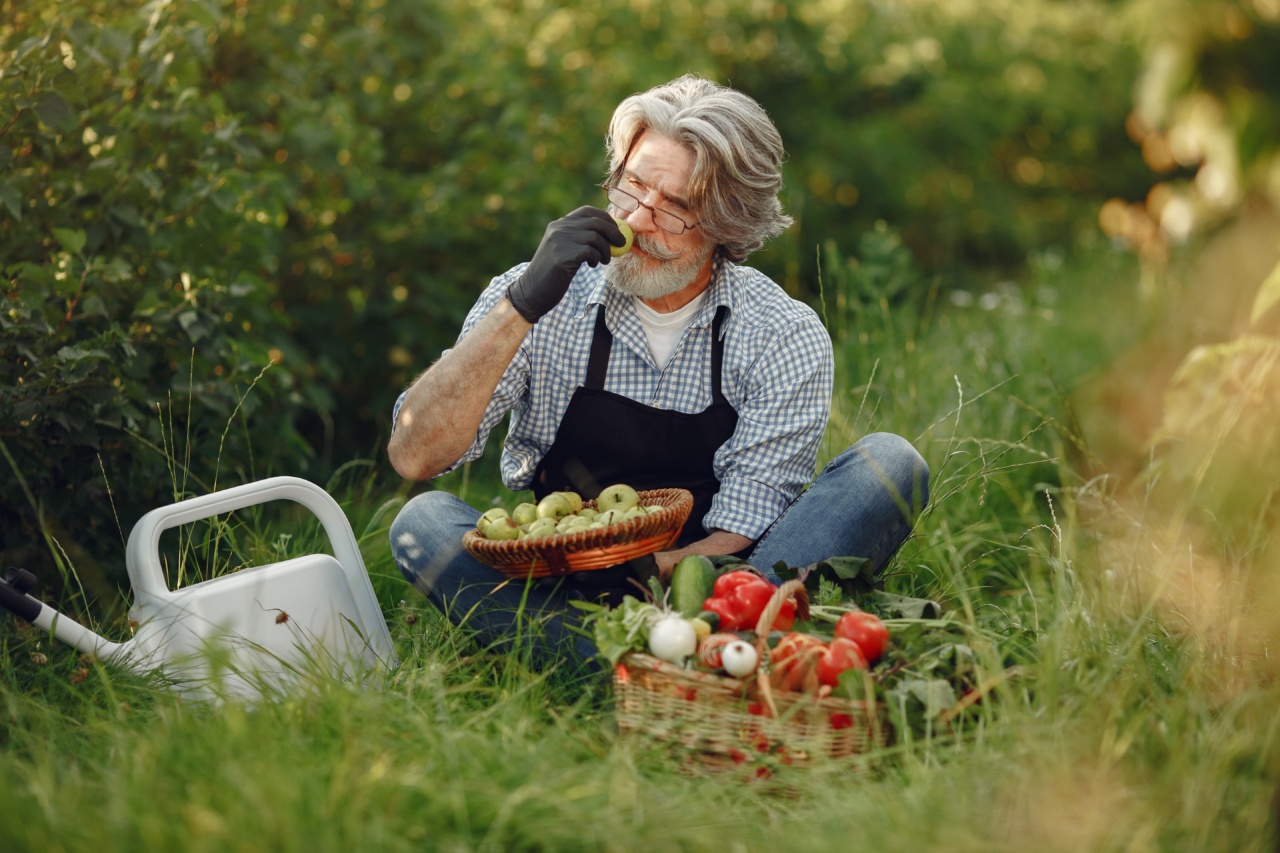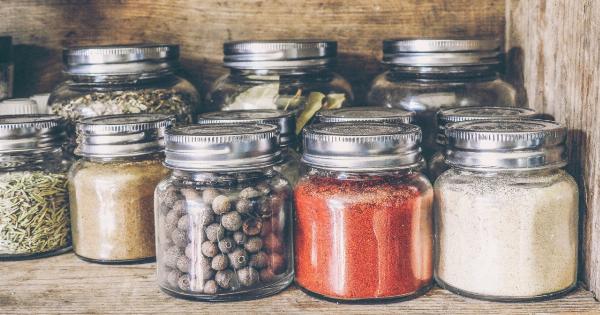Stomach cancer, or gastric cancer, is a devastating disease that impacts millions of people worldwide. In the United States alone, it is estimated that about 27,600 new cases of stomach cancer will be diagnosed this year.
Fortunately, there are ways to lower your risk of developing stomach cancer, and one of those ways is through a healthy diet that includes certain vegetables.
The Link Between Vegetables and Stomach Cancer
Research has shown that a diet high in fruits and vegetables can help reduce the risk of stomach cancer.
This is likely due to the fact that vegetables contain a variety of vitamins, minerals, and antioxidants that can help fight off cancer-causing cells.
There are specific vegetables that have been shown to be especially effective in preventing stomach cancer.
Garlic
Garlic is a powerful vegetable that has been used for centuries for its medicinal properties. Studies have shown that garlic can help reduce the risk of stomach cancer by inhibiting the growth of cancer cells and preventing the formation of tumors.
In one study, researchers found that people who ate garlic at least twice a week had a 44% lower risk of developing stomach cancer than those who rarely ate garlic.
Broccoli
Broccoli is another vegetable that is rich in important vitamins and minerals. It is also high in sulforaphane, a compound that has been shown to have anti-cancer properties.
A study conducted in Japan found that people who ate broccoli at least once a week had a significantly lower risk of developing stomach cancer than those who rarely ate broccoli.
Cabbage
Cabbage is a cruciferous vegetable that is high in fiber and other important nutrients. It is also rich in compounds called glucosinolates, which have been shown to have anti-cancer properties.
One study found that people who ate cabbage at least once a week had a 36% lower risk of developing stomach cancer than those who rarely ate cabbage.
Carrots
Carrots are a great source of beta-carotene, a compound that is converted into vitamin A in the body. Vitamin A has been shown to have anti-cancer properties and may help prevent the development of stomach cancer.
A study conducted in Denmark found that people who ate carrots at least once a week had a significantly lower risk of developing stomach cancer than those who rarely ate carrots.
Onions
Onions are another vegetable that is rich in important nutrients and compounds that can help prevent stomach cancer. Like garlic, onions contain sulfur compounds that have been shown to have anti-cancer properties.
One study found that people who ate onions at least once a week had a 56% lower risk of developing stomach cancer than those who rarely ate onions.
Tomatoes
Tomatoes are a great source of lycopene, a powerful antioxidant that has been shown to have anti-cancer properties.
A study conducted in Italy found that people who ate tomatoes at least once a week had a significantly lower risk of developing stomach cancer than those who rarely ate tomatoes.
Mushrooms
Mushrooms are another vegetable that has been shown to have anti-cancer properties. They contain compounds called polysaccharides, which have been shown to help boost the immune system and fight off cancer.
A study conducted in Korea found that people who ate mushrooms at least three times a week had a significantly lower risk of developing stomach cancer than those who rarely ate mushrooms.
Spinach
Spinach is a leafy green vegetable that is high in important nutrients like folate, iron, and vitamin K. It is also rich in compounds called flavonoids, which have been shown to have anti-cancer properties.
A study conducted in Japan found that people who ate spinach at least once a week had a significantly lower risk of developing stomach cancer than those who rarely ate spinach.
Sweet Potatoes
Sweet potatoes are a great source of beta-carotene, which as we previously mentioned, has been shown to have anti-cancer properties.
A study conducted in Japan found that people who ate sweet potatoes at least once a week had a significantly lower risk of developing stomach cancer than those who rarely ate sweet potatoes.
Conclusion
While there is no guaranteed way to prevent stomach cancer, incorporating these vegetables into your diet can certainly help lower your risk.
It is important to note that these vegetables should be consumed in addition to a balanced diet and regular exercise.






























